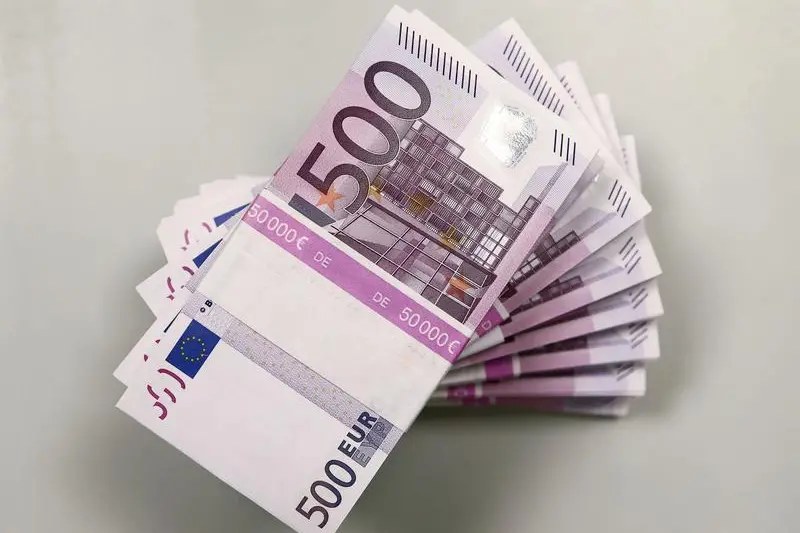PHOTO
The downturn in euro zone business activity eased slightly in November but overall demand continued to decline as consumers cut spending amid a cost of living crisis, a survey showed on Wednesday.
There has been mounting evidence the bloc is entering a recession and in a Tuesday Reuters poll economists gave a 78% chance of one within a year, with GDP expected to fall 0.4% this quarter and next.
S&P Global's flash Composite Purchasing Managers' Index (PMI), seen as a good gauge of overall economic health, nudged up to 47.8 from 47.3 in October, confounding expectations for a fall to 47.0 in a Reuters poll.
However, November is the fifth month the index has been below the 50 mark separating growth from contraction.
"A further fall in business activity in November adds to the chances of the euro zone economy slipping into recession," said Chris Williamson, chief business economist at S&P Global Market Intelligence.
"However, the November PMI data also bring some tentative good news. In particular, the overall rate of decline has eased compared to October."
Activity in the bloc's dominant services industry declined again, with the headline index matching October's 20-month low of 48.6. The Reuters poll had predicted a fall to 48.0.
Despite the ongoing slowdown firms did increase headcount, albeit at the weakest pace since March 2021. The services employment index fell to 51.7 from 52.5.
Manufacturing activity, particularly hard hit by soaring energy prices and disrupted supply chains, also declined but at a slower pace. The main index rose to 47.3 from 46.4, above the Reuters poll estimate for 46.0.
An index measuring output, which feeds into the composite PMI, jumped to 45.7 from 43.8, however some of that came from completing backlogs of work.
New orders fell sharply again and although there was a marked drop in price pressures they remained high. The output prices index fell to 63.7 from 66.1, its lowest reading since March 2021.
"Price pressures, the recent surge of which has prompted further policy tightening from the ECB, are also now showing signs of cooling, most noticeably in the manufacturing sector," Williamson said.
"Not only should this help contain the cost of living crisis to some extent, but the brighter inflation outlook should take some pressure off the need for further aggressive policy tightening."
Inflation in the region reached 10.6% last month, more than five times the ECB's 2% target, and the central bank is expected to add another 50 basis points to its deposit rate next month so any sign of an easing in price pressures will be welcomed by policymakers.
(Reporting by Jonathan Cable; Editing by Toby Chopra)





















